Interact Lunar Rover Tested on Mount Etna
20th Jul 2022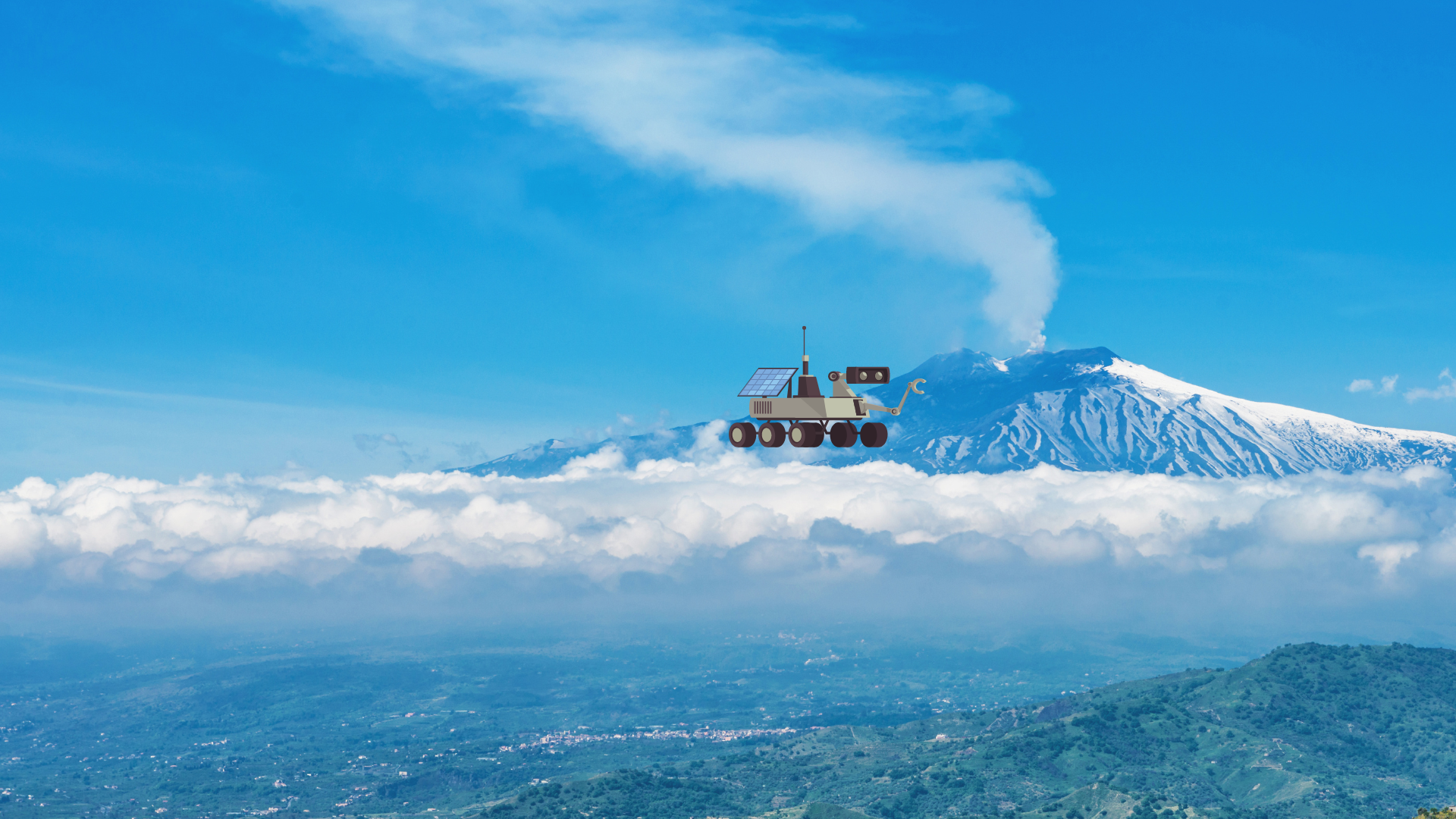
NASA’s Artemis 1 programme is preparing to launch tests for Phase 1 in its deep space exploration project. Consequently, attention is turning to integrated systems for collecting rocks from the lunar surface. It’s part of the renewed interest from space agencies keen to discover whether they can use the Moon and other areas as a gateway to travel further into space without relying so heavily on the Earth as a starting point. The result is the Interact rover, which is now being tested.
Science fiction abounds with plans for further using the lunar surface. However, space agencies need to better understand the composition of the materials they’re working with. NASA did bring back 382 kilograms of rocks and dust with the six Apollo missions between 1969 and 1972. However, nobody has done very much since then to empirically increase our understanding of the physical makeup of the Moon.
Testing Interact on Mount Etna
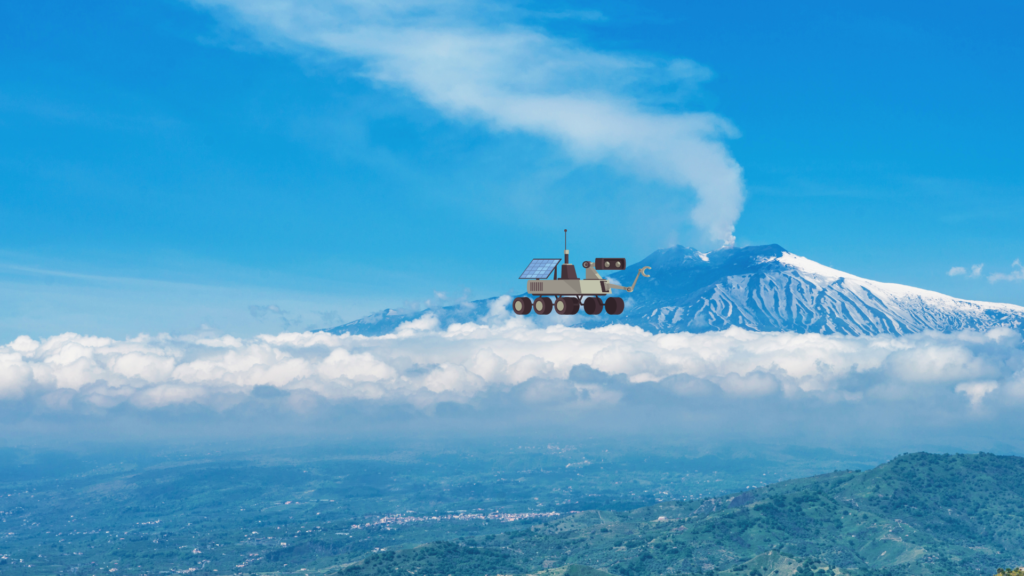
The European Space Agency chose Mount Etna for simulating lunar rock extractions. The volcano’s geology is similar to that of the Moon. So, on 7th July 2022, they sent the six-wheeled Interact rover up Etna’s flanks to begin this crucial phase of testing.
The Interact rover was controlled by astronaut Thomas Reiter some 23km away from the ‘landing’ site. He was part of a larger team with other DLR rovers and a lunar lander providing power and internet communication to the equipment. The Interact rover allows the controller to feel simulations of how the robot is interacting with the surface, which gives much higher levels of precision and accuracy.
The project began over 10 years ago. This final test on Mount Etna remains last major hurdle to prove that the system can cope in a natural environment similar to that of the Moon. Artemis 1 could launch as early as September 2022.
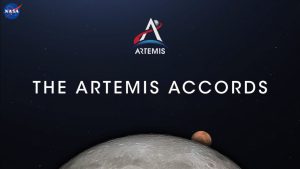
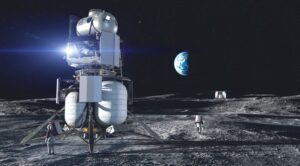
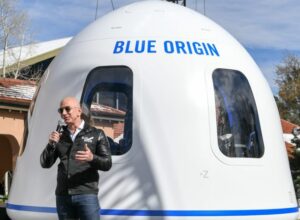


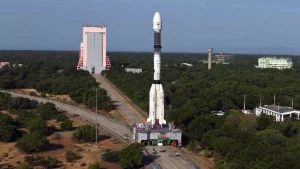
Thank you for your comment! It will be visible on the site after moderation.